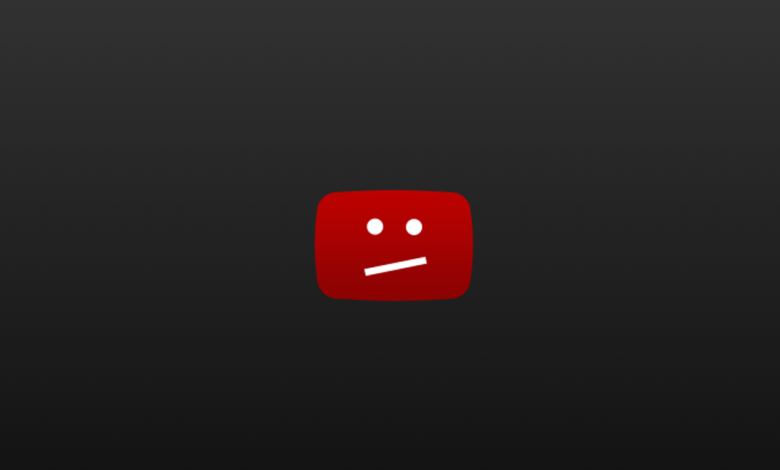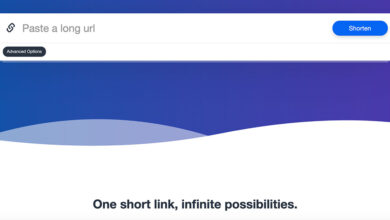Google boycott: Is it all about free PR?

Originally Published by Stefan Michel – professor of marketing and service management at IMD business school in Switzerland.
Swiss companies, such as the soft cheese manufacturer Baer and Swiss Life, have announced that they will stop placing any advertising on Google because their ads have appeared alongside YouTube videos with inappropriate content, such as neo-Nazi speeches or extremist videos (see report on persoenlich.com). US telecom giants AT&T and Verizon have also decided to follow suit (see report on persoenlich.com).
In the UK, more than 250 companies are calling for a Google boycott. Overall, this has led to a 4.5% decline in Alphabet share prices. In other words, the market capitalisation of the Google/YouTube parent company has been reduced by 22 billion US dollars. Investors are now asking whether this controversy marks the beginning of the end for Google’s advertising dominance.
It’s an interesting case because it can be interpreted in a few completely different ways.
1. Baer/Swiss Life Boycott
Swiss Life und Baer have announced that they will no longer advertise on YouTube and the Google Display Network (GDN). However, despite the anger expressed by communications professionals, they will eventually return to Google. The public boycott is free PR. I’ve never seen any Baer advertising on YouTube, but now I’m aware of it. The companies have also had an opportunity to communicate their own values. A brand is unlikely to be damaged by the display of an advertisement alongside negative content. Internet users know that Baer and Swiss Life are not seeking to cosy up to neo-Nazis and extremists. I don’t believe a company will leave advertising on Google to their competitors in the long run. Also, no company is going to completely boycott Google. This would mean reducing search engine optimisation on Google, or programming a company website in such a way that Google is unable to find it.
2. A YouTube error in the 0.01% range
It’s clearly a mistake when a brand is displayed alongside hate videos and Google is doing everything in its power to prevent this happening again. 99.99% of the time Google advertising is matched to your interests with scary precision and it learns fast. So the above cases are clearly exceptions. You should also bear in mind that 400 hours of video are uploaded to Youtube every minute. Every minute! Sorting these videos works well, but things do go wrong occasionally. If the digital revolution has taught us anything it’s that systems and algorithms are improving continually.
3. Everyone wants viral campaigns and total control
The current controversy underlines how the way companies communicate their message has been profoundly transformed. Before the digital revolution, those in charge of communications and advertising had almost total control over their own communication channels. Social media has had a major impact on this. It creates new opportunities, such as viral campaigns. But the disadvantage of viral campaigns is that they are viral, i.e. there is no control over dissemination. No company can prevent their brand being liked orshared by anyone on Facebook. The one area where companies still retain control is their budget. And they are making use of it in the current controversy.
4. Google’s dominance creates anxiety
Another factor that has fanned the flames of this controversy is Google’s dominance as a search engine and advertising platform (Google AdWords and AdSense), plus applications such as Google Maps and even YouTube. If you examine the expenditure of companies which rely heavily on marketing, such as brokers, you’ll notice that Google advertising represents the largest item of expenditure. If the search term is particularly popular (e.g. insurance, loans) 40 US dollars or more are paid per click. Per click! In terms of competitive strategy, it makes sense for clients to use this kind of boycott to unite in order to counter Google’s dominance.
5. Exchange rate
A loss of 22 billion US dollars within a few days sounds dramatic. As a point of comparison, Credit Suisse shares are valued at around 30 billion Swiss francs on the stock market. This means the Google nose dive is equivalent to two-thirds of the value of the major Swiss Banking group. A look at Google share prices over time shows a fall from an all-time high of 852 dollars. On 29 March 2017, prices had returned to the 14 February 2017 level – around 820 dollars. Nevertheless, and despite the controversy, investors have not lost confidence in Google’s business model.
What is clear is that Google needs to respond to this issue quickly and effectively and improve its advertising placements.
Stefan Michel is professor of marketing and service management at IMD business school in Switzerland where he directs IMD’s EMBA program.



